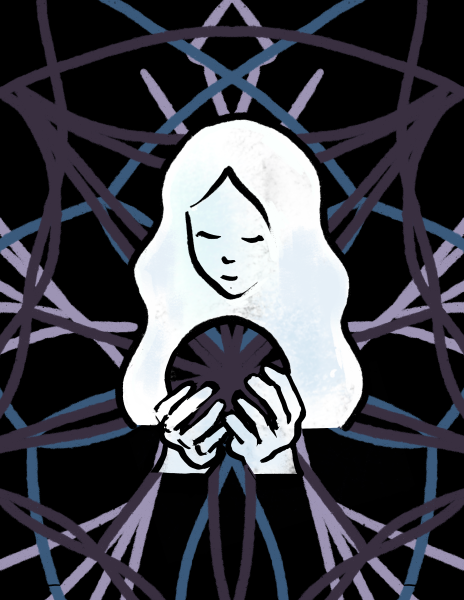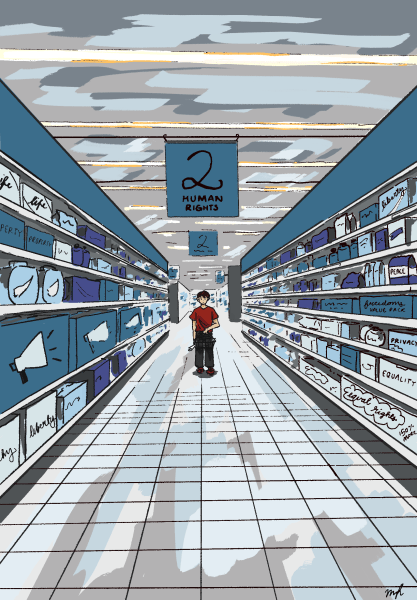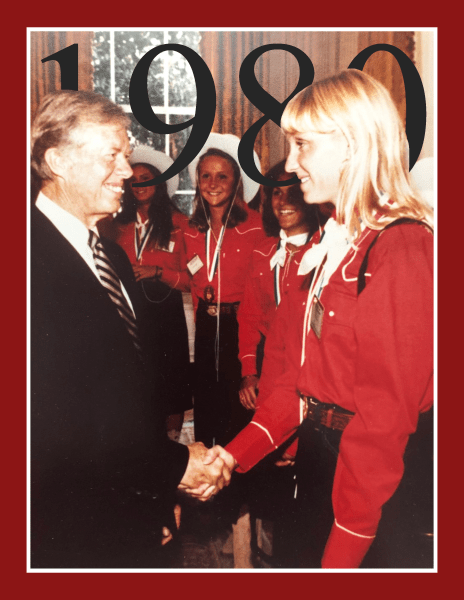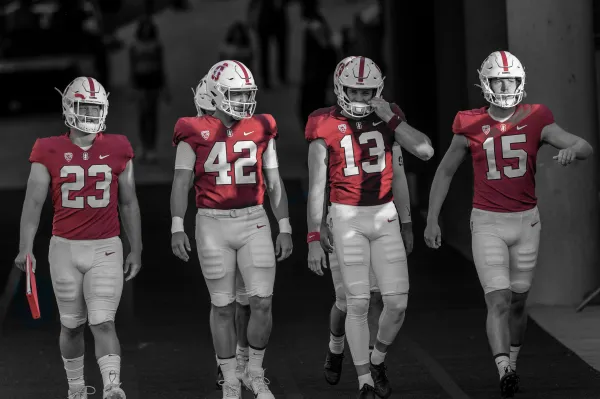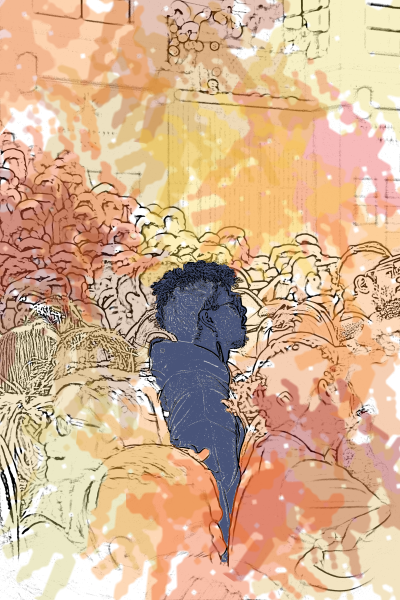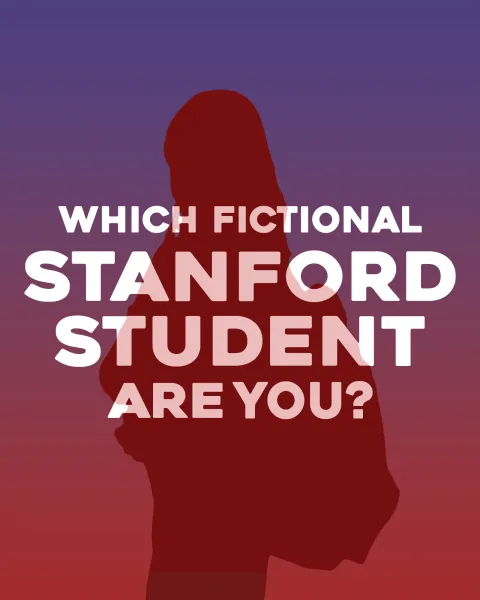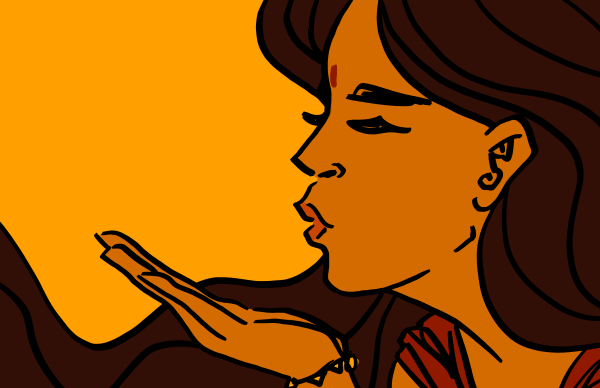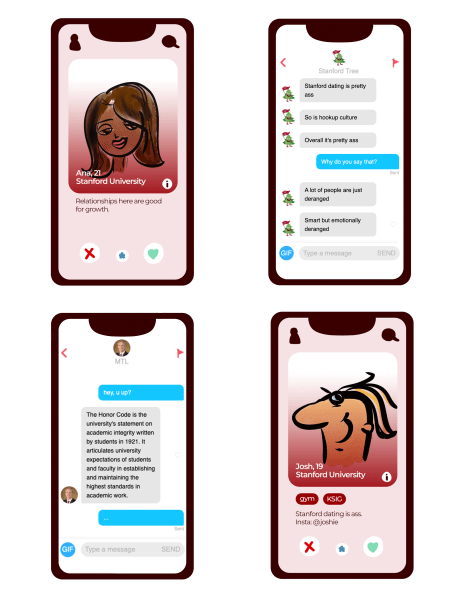
At Stanford, it is easy to find community — if not the feeling, then certainly the word. It’s in the names of our programs and administrative branches: Faces of Community, The Office of Community Engagement. Our residences establish community norms. Our departments hold community town halls. When a thief slinks from parking lot to parking lot and runs off with seven catalytic converters, we are notified via an AlertSU Community Alert. Community, as a buzzword, has become so omnipresent as to be banal. Meaningless, even.
But community is a term rich with meaning. It signifies not just the things we have in common, but the sense of fellowship that arises from those commonalities. When we are in community, cohabitation begets camaraderie; membership begets belonging. When we are not, our bonds — assuming they’ve formed at all — can unravel quickly.
The stories in this issue take up these connections and disconnections. They examine our relationships to family and friends, to roommates and teammates, to the romantic partners we court and the historical figures we study. And, like the members of any good community, they are diverse (in genre). This magazine features dynamic reporting from Allison Argueta ’23, Carolyn Stein ’23 and Zach Zafran ’25; luminous personal essays by Hanmin Lee ’25, Chloe Mendoza ’25 and Diya Sabharwal ’25; incisive cultural criticism from Seamus Allen ’25 and Ananya Karthik ’23; a vibrant personality quiz made by Cameron Duran ’24.
And then there’s our cover story, by Madeline Grabb ’25, which chronicles the remarkable journeys of three Stanford athletes who qualified for the 1980 Moscow Olympics, but who were unable to compete due to the U.S.’ Cold War boycott. Over four decades later, the enduring sentiment among these athletes, Grabb tells us, is not one of discontent; it’s one of gratitude. They are grateful for their time at Stanford, for the community they relied on here to get through those difficult years, for the knowledge that they were part of something bigger than themselves.
And that, I’d say, is far from meaningless.
Thank you for reading,
Jared Klegar ’24


